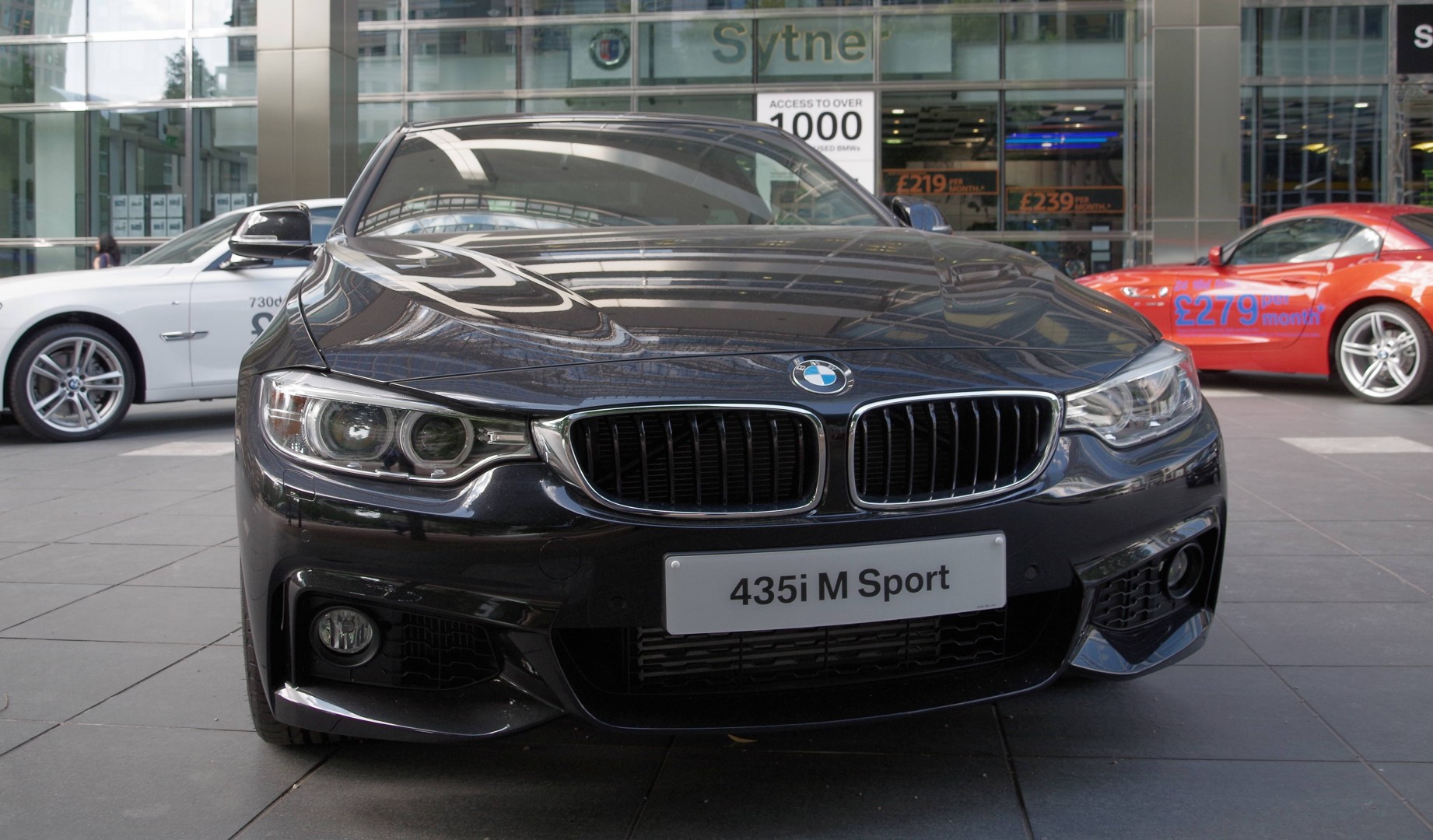The manual transmission, otherwise known as stick shift, has been a dying species in the automotive industry over the past few decades. This trend is especially popular in America, where in 2010, only 3.6 percent of cars sold in the US were stick, according to Road & Track magazine.
Manual cars seem to be a bit too much effort for the daily driver. Many stereotype Americans as not really caring about their cars, and to that I must say I agree, especially after seeing people driving gaudy, plastic, gas guzzlers like the Chrysler Aspens and Hummer H2s.
With horrid cars like these extremely popular before the stock market crash and gas shortage, it really makes sense why there is no manual culture in America. We seem to be more concerned with size and status than actual driving pleasure.
The death of the manual makes sense when considering the soccer moms who just need to get from place to place. However, car enthusiasts who enjoy going for a drive just for the thrill of it are also turning to the automatic. Even Ferrari, one of the world’s most prestigious sports car companies, no longer offers manual in any of their current models.
Nevertheless, there is a valid reason for a shift to automatic transmission; the invention of the double-clutch transmission, which has reinvented the automatic transmission and forever changed the race and road car.
The double-clutch, like its name suggests, has two clutches unlike the traditional one. So, if you’re accelerating, it has the next gear pre-selected and ready to shift. This means that even the best stick drivers stand no chance to these new transmissions that can literally change gear faster than you can blink.
The automatic has an advantage it never previously had over the manual, hence why it was invented and made popular in Formula 1 (F1) racing. F1 is the pinnacle of motorsports, where the best drivers and teams, like Ferraris and McLarens, compete to win the World Championship (The English Premier League of Motorsport).
So the question is what is the manual transmission actually good for?
The answer you’ll receive from every car purist and enthusiast alike is simple: driving pleasure. Most people in America don’t care or don’t know what driving pleasure is because they don’t know how to drive stick or haven’t driven the right cars. There may be no better feeling then pushing the clutch and shifting to that next gear.
You will often see comparison tests between similar cars such as the Mustang vs. Camaro or the Ferrari 458 Italia vs. a Lamborghini Gallardo because their spec, price and are very similar.
However, contrary to popular belief, it’s not always the car that runs the best 0-60 or sets the best lap time at the track that wins the comparison. It’s the one that makes the driver feel the best behind the wheel. Arguably, the most important part of any car’s character is the sensation it gives the driver.
BMW’s convertible, now is no longer offered with a manual simply because of lack of demand. BMW stated it was no longer financially beneficial to the company to bring over manual versions in the North American Market. Other companies like Toyota have placed similar claims with their drop of the third petal in all new Camry models coming to the United States.
If you walk around any DU parking lot, and look at some of the nice cars that DU students own, I bet you will be hard-pressed to find a manual. Most people I’ve encountered don’t really care too much for driving (unless its to the mountains). But, in my mind, when you’re driving an automatic, all your doing is slipping the car into drive and pressing two pedals.
Hope for the manual lives on, but outside of the American market. In Europe, it’s hugely popular to see manuals. In fact, a majority of the cars sold there are manuals. In 2012, 75 percent of cars sold in the United Kingdom were with the infamous clutch pedal, and in many car varieities that don’t get the stick in America.
So, what does that mean for the American car enthusiast? It seems we will have to start shopping across the pond.










